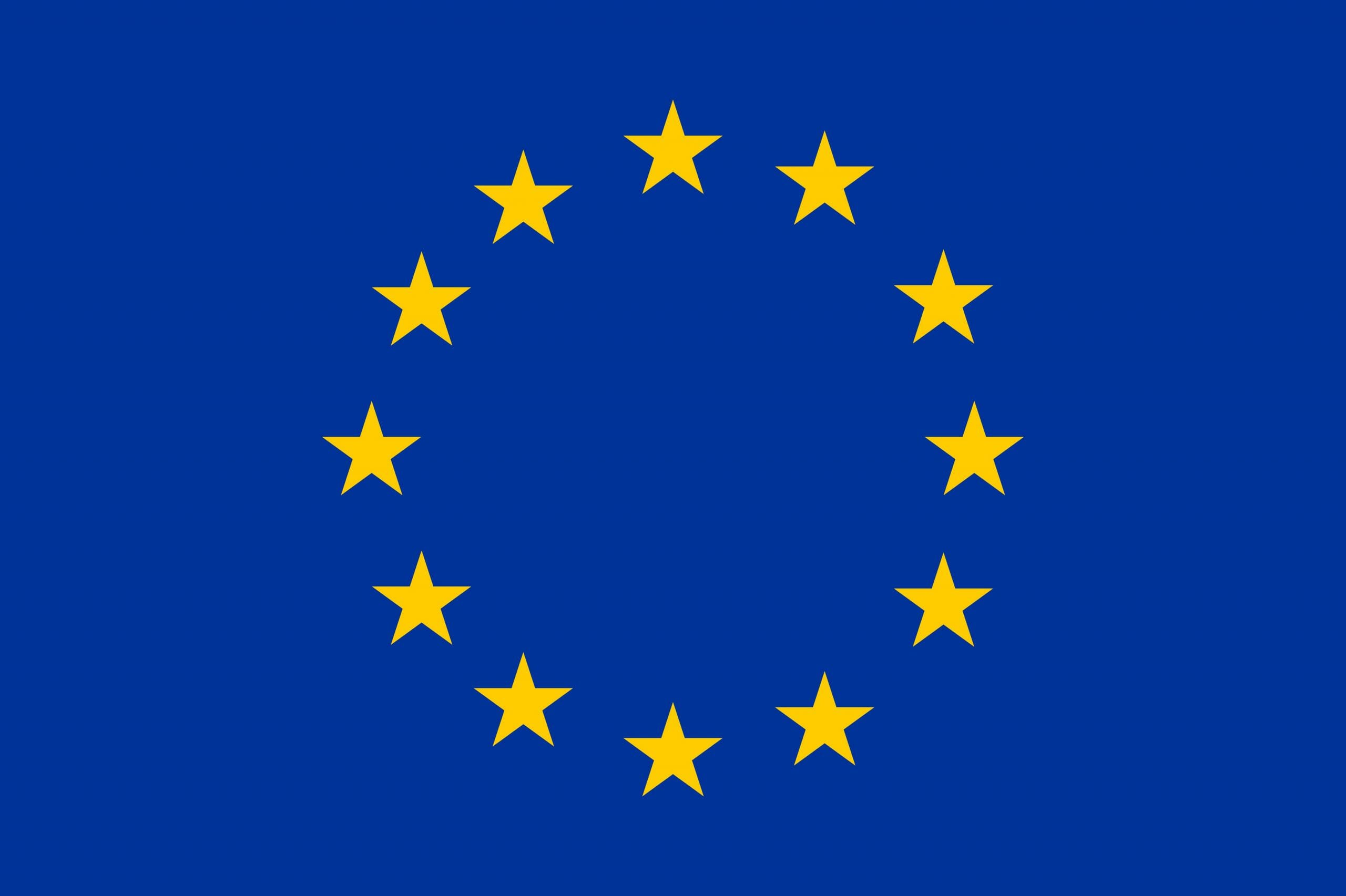The amended Schengen visa code will come into effect on February 2, 2020. Changes include more flexible procedures, longer visa validity periods, and higher fees.
What Are the Changes?
- More Flexible Procedures: Travelers on Schengen visas will enjoy some more flexible procedures:
-
- Travelers will be able to submit their applications no later than 15 days before their planned trip and up to six months in advance (nine months for seafarers), instead of the current 3 months.
- Where available, they may also complete and sign their applications electronically.
- Minors between 6 and 18 years of age may be exempted from the visa fee.
- Multiple Entry Visas with Longer Validity: Frequent travelers with a positive visa history can receive a multiple-entry visa with a gradually increasing validity period from one year to a maximum of five years, saving time and costs for applicants and member states.
- Increased Visa Fee: The standard visa fee will increase from EUR 60 to EUR 80 (from EUR 35 to EUR 40 for those 6 to 12 years of age). However, the lower visa fee, set in Visa Facilitation Agreements between the EU and a number of third countries, including Russia, will remain at EUR 35 (EUR 70 for late applications).
- Representative Authorities: The new code requires all Schengen Member states to be present in every third country, through their embassy/consulate, that of another Member State, or an external service provider. External service providers will be able to charge a service fee, which should not exceed the amount of the visa fee.
- Cooperation on Readmission of Irregular Migrants: Under a new mechanism, the Commission will regularly assess third countries’ cooperation on readmission of irregular migrants and propose more or less restrictive visa measures to motivate or reward increased cooperation.
Our Advice
Employers who may be effected are encouraged to contact a Wolfsdorf Rosenthal immigration attorney or email the WR Global Immigration team at Global@Wolfsdorf.com for case specific advise.


